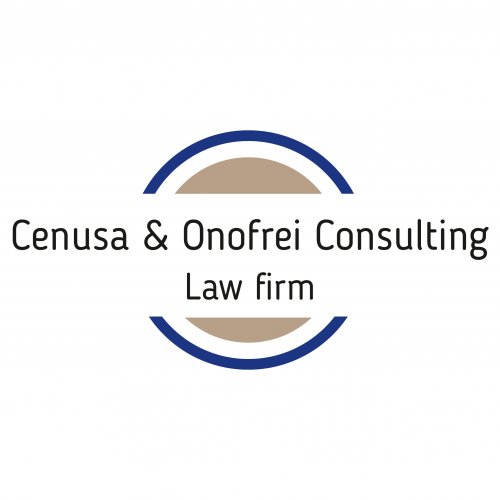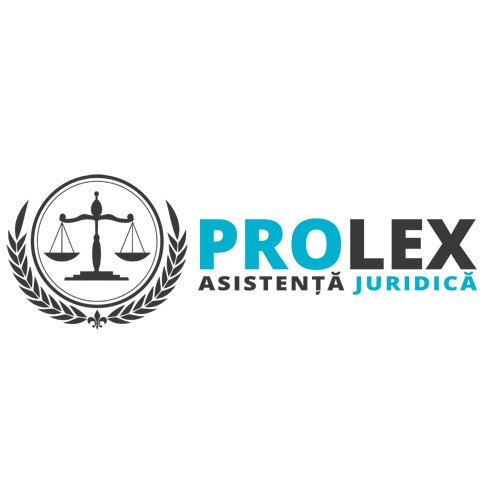Best Debt Capital Markets Lawyers in Chisinau
Share your needs with us, get contacted by law firms.
Free. Takes 2 min.
List of the best lawyers in Chisinau, Republic of Moldova
About Debt Capital Markets Law in Chisinau, Republic of Moldova
Debt Capital Markets (DCM) refer to the sector of financial markets where companies, financial institutions, and government bodies raise long-term debt from investors through the issuance of bonds and other debt instruments. In Chisinau, Republic of Moldova, DCM is a growing field, driven by efforts to deepen financial markets and facilitate access to financing for public and private entities. Moldova’s debt capital markets are primarily regulated through national legislation and overseen by the National Commission for Financial Markets. The development of DCM is essential for attracting domestic and international investment, promoting financial innovation, and enabling economic growth throughout the country.
Why You May Need a Lawyer
Navigating the legal requirements of Debt Capital Markets in Chisinau can be complex. Individuals and institutions may require legal assistance in various scenarios, such as preparing and reviewing documentation for bond issuances, ensuring compliance with local securities laws, or structuring cross-border transactions. Legal support is crucial when dealing with regulatory approvals, public offerings, private placements, or listing debt securities on the Moldovan Stock Exchange. Lawyers experienced in this field can also help resolve disputes, interpret evolving regulations, and advise on tax or currency controls that may impact the issuance or trading of debt instruments. Whether you are an issuer, investor, or market participant, consulting a qualified legal professional can prevent costly mistakes and ensure your activities conform to the law.
Local Laws Overview
Moldova’s legal framework for Debt Capital Markets is primarily governed by several key statutes and regulations. The Law on the Capital Market sets out the general rules for the issuance, trading, and disclosure of securities, including bonds and other debt instruments. The National Commission for Financial Markets (CNPF) is the main regulatory authority, with responsibilities including licensing participants, approving prospectuses, and monitoring market activities. Companies issuing debt securities must comply with disclosure requirements, obtain necessary approvals, and follow specific procedures for public or private offerings. Additionally, the Moldovan Stock Exchange provides rules for the listing and trading of debt instruments. There are also laws regarding anti-money laundering, investor protection, and cross-border capital flows that must be considered. Understanding these local regulations is essential for anyone participating in Moldova’s Debt Capital Markets.
Frequently Asked Questions
What are Debt Capital Markets?
Debt Capital Markets refer to financial markets where entities raise funds by issuing bonds and other long-term debt instruments to investors.
Who regulates Debt Capital Markets in Moldova?
The main regulatory body is the National Commission for Financial Markets (CNPF), which oversees market operations and ensures compliance with relevant laws.
What laws govern the issuance of bonds in Chisinau?
The Law on the Capital Market and related regulations enacted by the CNPF are the primary legal sources for issuing bonds and other debt securities in Moldova.
Can foreign investors participate in Moldova’s Debt Capital Markets?
Yes, but they must comply with local currency, tax, and securities laws. Legal advice is recommended to navigate any restrictions and requirements.
What is required to issue bonds in Moldova?
Issuers must prepare a prospectus, obtain approval from the CNPF, and fulfill disclosure and reporting duties. Specific procedures may vary based on public or private placements.
What are the risks of issuing or investing in debt securities?
Risks include credit risk, interest rate fluctuations, regulatory changes, and potential liquidity constraints in the local market.
Are there tax implications for debt issuance?
Yes. The tax treatment of interest payments and capital gains can vary, so consulting a lawyer or tax expert is advisable to fully understand your obligations.
How can disputes related to DCM be resolved?
Disputes may be resolved through negotiation, mediation, local courts, or arbitration, depending on contractual terms and the nature of the conflict.
Do issuers need continuous disclosure after issuing bonds?
Yes, issuers must regularly update the CNPF and investors on financial results and material events affecting the value of their securities.
Is legal assistance mandatory for DCM transactions?
While not always legally required, legal assistance is strongly recommended due to the complexity and high value of transactions in this market.
Additional Resources
- The National Commission for Financial Markets (CNPF) - Regulatory body for securities and debt instruments - The Moldovan Stock Exchange - The main platform for secondary trading of debt securities - Ministry of Finance of the Republic of Moldova - Issues government securities and provides relevant regulations - Local law firms with capital markets and securities expertise - Chamber of Commerce and Industry of the Republic of Moldova - For guidance on business and investment regulations
Next Steps
If you need legal assistance in the field of Debt Capital Markets in Chisinau, consider the following steps:
- Identify and consult a lawyer or law firm with experience in securities and capital markets in Moldova - Gather all relevant documents and information about your planned transaction or legal concern - Schedule a consultation to discuss your objectives and challenges - Ask your legal advisor about compliance requirements, risks, and necessary approvals - Follow up on regulatory filings and maintain open communication with your legal counsel for ongoing issues
Early legal guidance can help structure transactions efficiently, manage risks, and secure successful participation in Moldova’s Debt Capital Markets.
Lawzana helps you find the best lawyers and law firms in Chisinau through a curated and pre-screened list of qualified legal professionals. Our platform offers rankings and detailed profiles of attorneys and law firms, allowing you to compare based on practice areas, including Debt Capital Markets, experience, and client feedback.
Each profile includes a description of the firm's areas of practice, client reviews, team members and partners, year of establishment, spoken languages, office locations, contact information, social media presence, and any published articles or resources. Most firms on our platform speak English and are experienced in both local and international legal matters.
Get a quote from top-rated law firms in Chisinau, Republic of Moldova — quickly, securely, and without unnecessary hassle.
Disclaimer:
The information provided on this page is for general informational purposes only and does not constitute legal advice. While we strive to ensure the accuracy and relevance of the content, legal information may change over time, and interpretations of the law can vary. You should always consult with a qualified legal professional for advice specific to your situation.
We disclaim all liability for actions taken or not taken based on the content of this page. If you believe any information is incorrect or outdated, please contact us, and we will review and update it where appropriate.

















